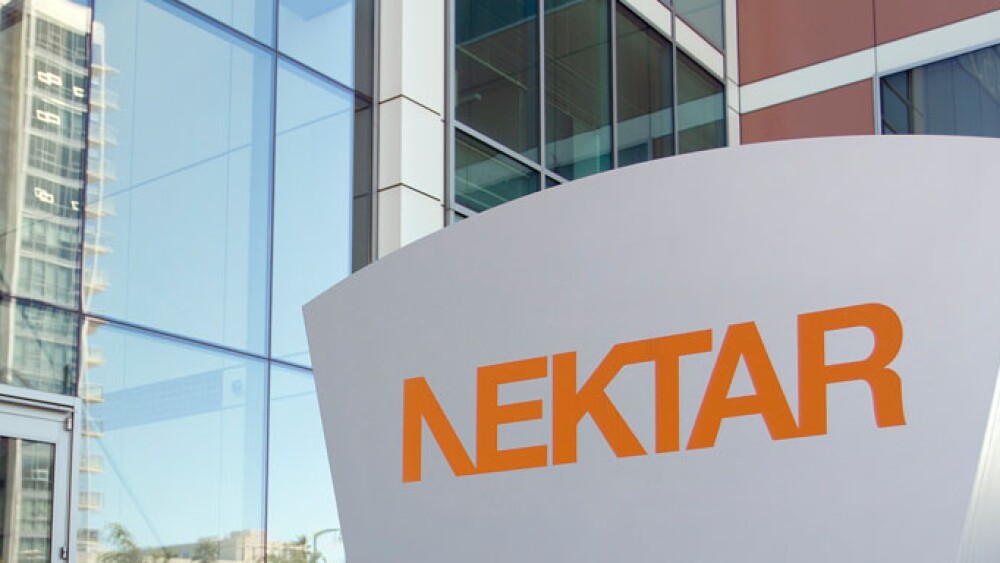July 21, 2017
By Alex Keown, BioSpace.com Breaking News Staff
SAN FRANCISCO – A breast cancer drug co-developed by Bay Area’s Nektar Therapeutics and Daiichi Sankyo‘s German unit has been halted by the European Medicines Agency.
This morning, the EMA rejected the marketing authorization for its first-line breast cancer treatment, Onzeald. Onzeald, a long-acting topoisomerase I inhibitor, was designed for patients who have previously been treated with an anthracycline, taxane and capecitabine therapies. In June 2016, Nektar and Daiichi Sankyo entered into a joint marketing agreement for Onzeald. The two companies had planned on marketing the drug as a treatment for patients with breast cancer that had spread to the brain. But that hope of marketing the drug in Europe was met with a firm no from the EMA, Reuters reported this morning.
In its refusal, the EMA’s Committee for Medicinal Products for Human Use (CHMP) raised concerns over data that the drug’s benefits for patients whose cancer had spread to the brain had not been “sufficiently demonstrated.”
“The claim of effectiveness relied on data from a subgroup of patients from a main study which, overall, failed to convincingly show the effectiveness of Onzeald. The Committee considered that the data from this subgroup, which were not supported by additional studies, were not sufficient to prove the effectiveness of Onzeald in patients whose breast cancer had spread to the brain, even when analyzed by different methods,” the CHMP said in a statement.
Nektar and Daiichi Sankyo filed for marketing authorization in Europe based on results of the Phase III Beacon trial that showed patients treated with the drug had an improvement in median overall survival (OS) of 5.2 months compared to treatment with a single-agent chemotherapy of physician’s choice, 10 months versus 4.8 months, according to company data. Still, that wasn’t enough for the EMA committee.
The two companies may request a reexamination of the CHMP’s findings within 15-days, the EMA said.
As of this writing, neither Nektar nor Daiichi Sankyo have issued a statement regarding the EMA rejection. Writing in Endpoints, John Carroll said Nektar was hoping to use EMA approval for Onzeald as a springboard for approval in the United States from the U.S. Food and Drug Administration.
Nektar does have several other collaborative deals in oncology with companies like Bristol-Myers Squibb and Takeda Pharmaceuticals . BMS is evaluating Nektar’s investigational medicine, NKTR-214, with its blockbuster PD1 inhibitor Opdivo, as a potential combination treatment regimen in five tumor types and seven potential indications. The deal with Takeda, which was struck earlier this year, will explore the combination of NKTR-214 with five oncology compounds from Takeda’s cancer portfolio.
In addition to its oncology medicines, Nektar is also developing opioid-based pain treatments. Earlier this week, the company released data showing NKTR-181, a first-in-class opioid analgesic, showed significantly less abuse potential compared to oxycodone. Opioid abuse is considered at epidemic proportions in the United States. The company could look to partner with another pharma company on continued development of this treatment.
Shares of Nektar spiked early this morning, but has since fallen as news of the EMA committee has become public. After hitting a morning high of $22.82, shares have slipped back to $22.17, two cents below the opening price. The price is likely to continue falling through Friday trading.





